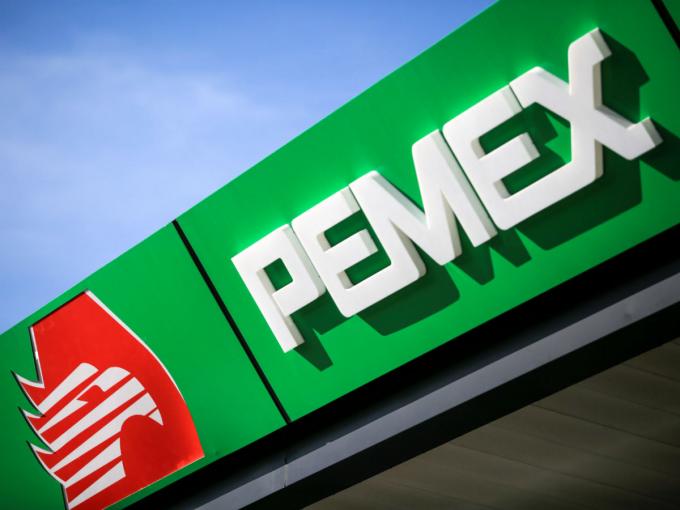
Mexican state-owned Pemex’s trading subsidiary PMI plans to import more refined products through spot contracts rather than term deals, a cost-saving strategy that may also include paying with crude cargoes and avoiding cash payments.
PMI has already increased the number of booked spot refined products cargoes in the last month to at least 10 instead of its usual term contracts, two traders told Argus.Increased cargo demand from PMI is one of the factors that has raised US Gulf coast clean tanker rates since the beginning of July, according to shipbrokers.
For traders and producers on the US Gulf coast, Pemex’s increased participation in the spot market will bring more liquidity and competition, and could push the traditionally opaque spot cargo market for refined products toward more transparency.
The move could give Pemex greater flexibility in reaction to market conditions, including how it adjusts operations at its own refineries, and allow it to potentially participate more in the growing overland export market. In May, more gasoline and diesel moved from the US to Mexico through land-based transportation than marine cargoes.
Avoiding dock delays
One motivation for PMI switching strategies is to avoid a repeat April, when fuel demand in Mexico dropped quickly as stay-at-home orders were put in place to stop the spread of the Covid-19 pandemic. PMI had already booked several term delivery contracts that were too expensive to cancel, leaving up to 20 laden tankers waiting to unload — roughly 15 on the east coast and nine on the west coast — as docks and onshore storage were full. With demurrage costs around $21,500/d, such delays can become expensive quickly.
The pandemic has not been the only case where vessels arriving to Mexican ports ran into delays. In early 2019 the government’s strategy to shut prone-theft pipelines also left vessels waiting.
Crude over cash
PMI has also discussed exchanging crude for refined products to avoid cash payments, a source told Argus. No swaps have been carried out yet, but it would help the financially struggling Pemex.
Pemex’s June gasoline imports fell by 15pc from May and by 57pc from a year earlier to 238,900 b/d. That is a steeper drop than in May, when gasoline imports dropped by 49pc from a year earlier.
Yet gasoline sales grew by 13pc in June versus May to 535,000 b/d, although they were still 26pc lower than June 2019 levels.
Ultra-low sulphur diesel (ULSD) imports in June increased by 4pc from May to 74,200 b/d but fell by 60pc from June 2019. In May, ULSD imports fell by 63pc year on year.
But the recovery in product imports will be more evident in July, as that was when Covid-19-related work and travel restrictions were eased. Fuel consumption levels recovered by 20pc on highways and by 25pc in cities in July against June, according to Onexpo.
Sergio Meana, Chunzi Xu and Nicholas Watt. (2020). Mexico’s PMI moves to spot fuel contracts strategy. USA. ARGUS. Recuperado de

